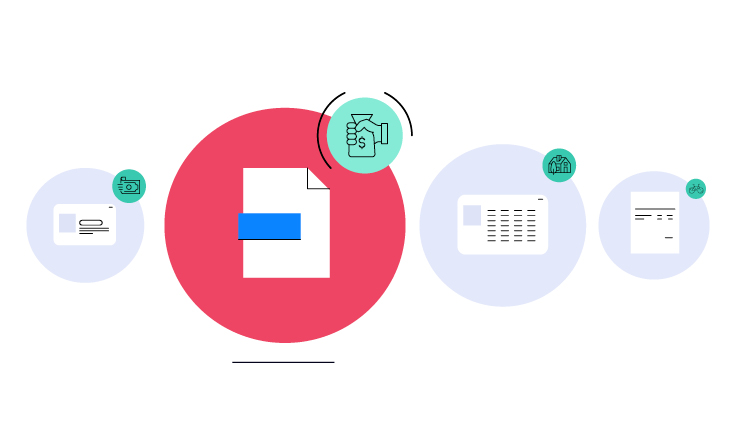Public liability coverage
Public liability insurance is prepared for various professional groups, such as doctors, lawyers, investment advisors, entrepreneurs, and natural persons. The last mentioned group is the financial insurance protecting accounts receivables (bank credits, mercantile credits, leasing, or installments). Other insurance of this type may include: loss of regular income insurance, loss of earnings insurance, extra expense and contingency insurance, or business interruption insurance.
Public liability insurance functions by providing financial protection in case a policyholder is found legally liable for causing injury or property damage to a third party. This can include legal fees, medical expenses, and compensation costs. Typical situations covered by public liability insurance may involve slip-and-fall accidents on business premises, damage caused by a professional's negligence, or injuries resulting from faulty products.
In the event of a claim, policyholders should promptly notify their insurance provider and provide all necessary documentation and evidence. The insurance company will then investigate the claim and, if it is determined to be valid, provide compensation according to the terms of the policy. This compensation may cover legal expenses, medical bills, and damages awarded to the injured party.
However, it's important to note that public liability insurance may have certain limitations and exclusions. For example, intentional acts, contractual liabilities, and certain types of professional errors may not be covered. Additionally, policy limits and deductibles can affect the extent of coverage provided. Therefore, it's essential for individuals and businesses to carefully review their policy terms and consider purchasing additional coverage or endorsements as needed to adequately protect their assets.
Some benefits of public liability insurance include peace of mind knowing that financial risks associated with legal claims are mitigated, protection of business assets and reputation, and compliance with contractual requirements. On the other hand, limitations may include higher premiums for comprehensive coverage, potential exclusions for certain types of claims, and the necessity of maintaining strict adherence to safety protocols to minimize risks.
Due to the varied nature of businesses and individual circumstances, it's crucial to tailor insurance policies to meet specific needs. This involves assessing potential risks, considering industry regulations, and evaluating financial capabilities. Working closely with an insurance agent or broker can help ensure that policies are customized to provide adequate protection while remaining cost-effective. Regular reviews of insurance coverage are also recommended to account for changes in business operations or personal situations.








